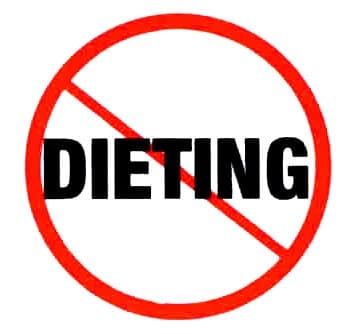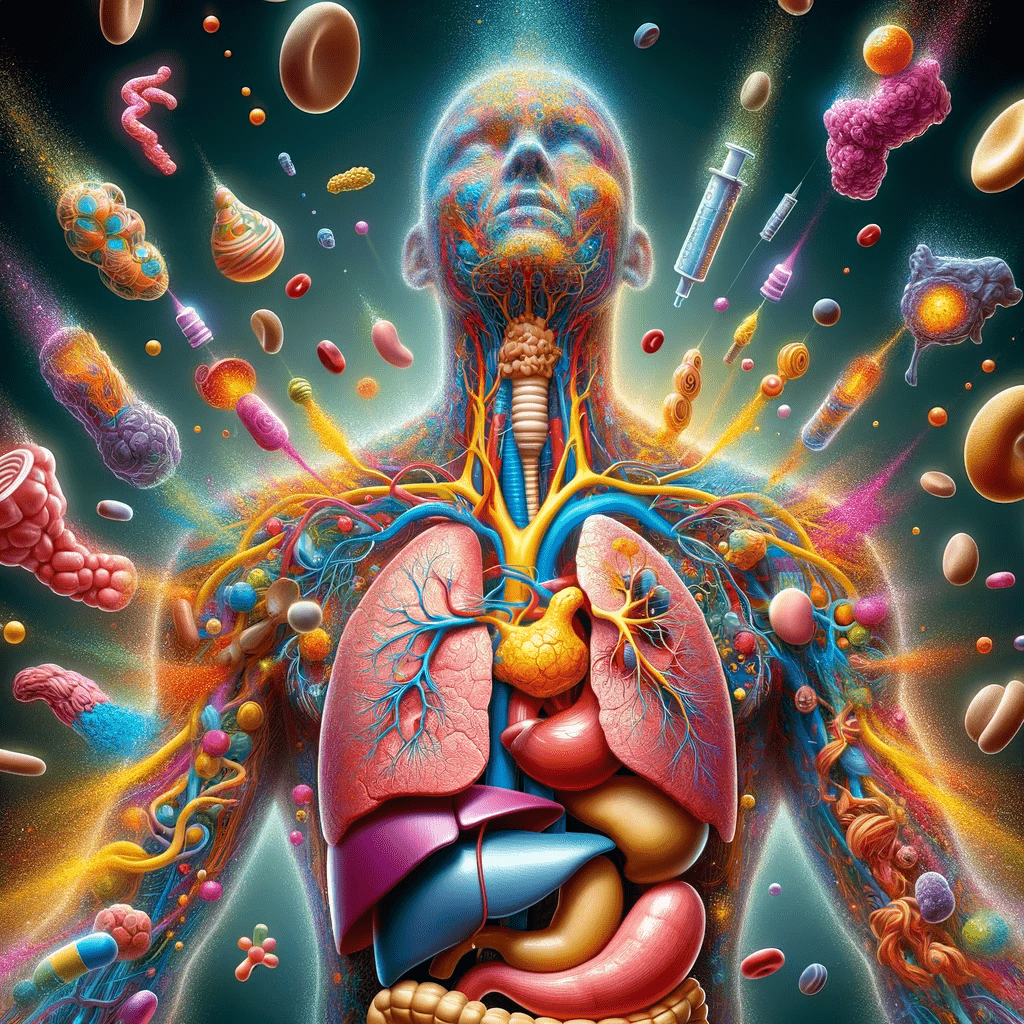The Last Diet you’ll ever Need.
Are you looking for the list of ten things? I hate to break it to you, but your body’s nutritional needs are much more complex than a 10 item list, so stop looking for the easy way out. With that said, I have about 5 or 6 points I would like to make :), these … Read more


